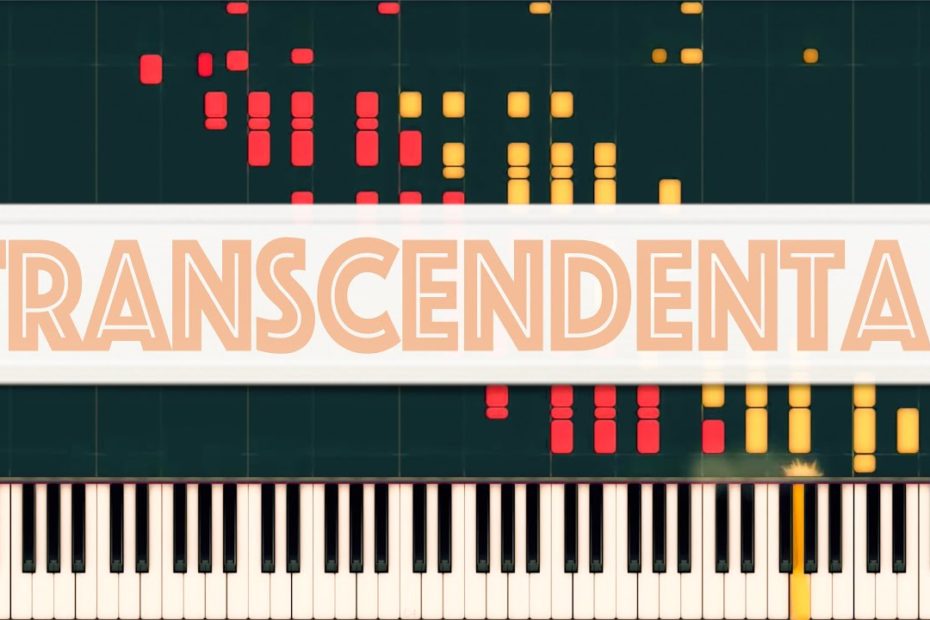Learn to play the songs you love: https://go.flowkey.com/czarx
0:00 – No. 1. “Preludio” – C major, 4/4
1:00 – No. 2. “Fusees” – A minor, 3/4
3:11 – No. 3. “Paysage” – F major, 6/8
7:25 – No. 4. “Mazeppa” – D minor, 2/4
13:50 – No. 5. “Feux Follets” – B-flat major, 2/4
17:11 – No. 6. “Vision” – G minor, 3/4
22:37 – No. 7. “Eroica” – E-flat major, 4/4
26:40 – No. 8. “Wilde Jagd” – C minor, 6/8
31:54 – No. 9. “Ricordanza” – A-flat major, 6/4
43:22 – No. 10. “Appassionata” – F minor, 2/4
47:41 – No. 11. “Harmonies du Soir” – D-flat major, 4/4
54:58 – No. 12. “Chasse-Neige” – B-flat minor, 6/8
The Transcendental Études (French: ”Études d’exécution transcendante”), S.139, are a series of twelve compositions for solo piano by Franz Liszt. They were published in 1852 as a revision of a more technically difficult 1837 series, which in turn were the elaboration of a set of studies written in 1826.
Liszt’s original idea was to write 24 études, one in each of the 24 major and minor keys. He completed only half of this project, using the neutral and flat key signatures. In 1897–1905 the Russian composer Sergei Lyapunov wrote his own set of Douze études d’exécution transcendante, Op. 11, choosing only those keys that Liszt had omitted, namely the sharp keys, to “complete” the full set of 24. Lyapunov’s set of études was dedicated to the memory of Liszt, and the final étude was titled Élégie en mémoire de Franz Liszt.
Sequenced by © Bernd Krueger, Robert Finley, Valerio Trigari, Tyler Singletary, Paul Blondel, John Mamoun and Edwin Sirko.




